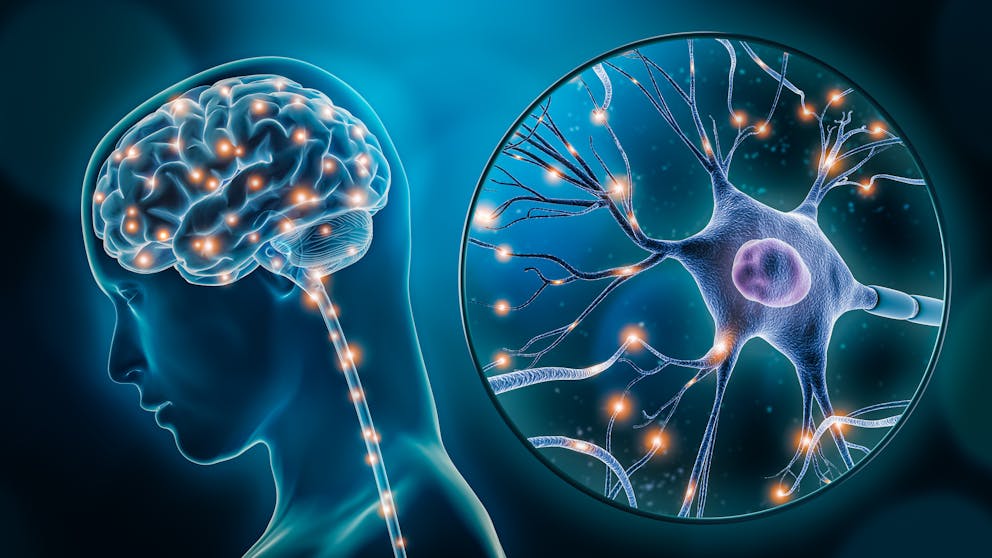Symptoms, conditions and causes
Increase of Luteinizing Hormone Causes Dementia
As we age, our bodies undergo numerous changes, some of which can significantly impact our cognitive function. One such change is the increase in luteinizing hormone (LH) levels, which has been linked to age-related cognitive decline and dementia.
Have you heard? Researchers are now investigating how much of an impact LH may have on developing or advancing brain disorders—yes, I’m talking about ones as serious as Alzheimer’s.
By examining LH's link with cognitive slip-ups, we start seeing potential paths for treating dementia that involve turning down this hormone's volume.
Understanding Luteinizing Hormone and Cognitive Decline
Luteinizing hormone, produced by the pituitary gland, plays a crucial role in regulating the reproductive system. However, as we age, LH levels tend to increase, particularly in postmenopausal women.
This surge in LH has been associated with various aspects of cognitive decline, including neuroinflammation and synaptic dysfunction.
Research has shown that elevated LH levels can contribute to the accumulation of amyloid-beta plaques and neurofibrillary tangles, two hallmarks of Alzheimer's disease.
Additionally, LH has been found to disrupt the normal functioning of synapses, the critical junctions between nerve cells that facilitate communication and memory formation.
A study published in the journal Neurobiology of Aging revealed that patients with Alzheimer's disease had significantly higher levels of LH compared to those with normal cognitive function.
This finding suggests that LH may not only be a consequence of age-related hormonal changes but also a potential contributor to the development of dementia.
Lupron's Role in Dementia Symptom Reduction
Lupron, a drug commonly used to suppress sex hormones in the treatment of conditions like prostate cancer and endometriosis, has shown promise in reducing dementia symptoms by targeting LH levels.
Taking a closer look, Lupron could be our hero in toning down the bad vibes LH sends to our brain functions by keeping its production on the low.
In a cool study by the University of Utah team, Alzheimer's patients treated with Lupron showed impressive gains in remembering stuff and thinking clearly compared to those who just got a dummy pill.
The study, published in the Journal of Alzheimer's Disease, suggests that suppressing LH levels may be a viable therapeutic approach for managing dementia symptoms.
While more research is needed to understand the long-term effects of Lupron on cognitive health fully, these initial findings offer hope for individuals struggling with dementia and their families.
By targeting the underlying hormonal imbalances that contribute to cognitive decline, we may be able to develop more effective and targeted therapies for this devastating condition.

Last updated: Apr 29, 2024 15:42 PM
